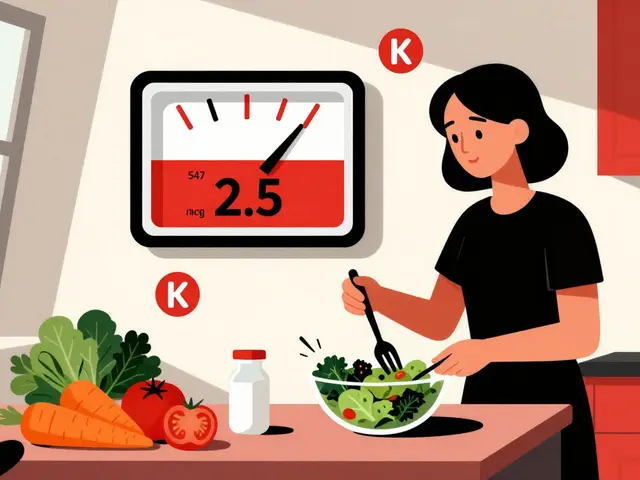Thyroid Antibodies (TPO) and Fertility – A Practical Guide
If you’ve been trying to conceive and keep hitting a wall, your thyroid might be part of the story. Many women discover they have thyroid peroxidase (TPO) antibodies when doctors check for autoimmune thyroid disease. These tiny proteins can mess with hormone balance and make it harder for an egg to develop or implant.
First off, what are TPO antibodies? Your immune system makes them when it mistakenly attacks the thyroid’s own tissue. The result is usually inflammation that can lead to low thyroid hormones (hypothyroidism) or, in some cases, normal hormone levels but hidden dysfunction. Either way, your reproductive system feels the impact.
How TPO Antibodies Influence Fertility
When the thyroid isn’t working right, it can throw off estrogen and progesterone – the two hormones that control ovulation and the uterine lining. Low thyroid hormone levels often cause irregular periods or anovulation (no egg release). Even if your thyroid numbers look okay on a basic test, high TPO antibodies signal that the gland is under attack and may not sustain the subtle hormonal shifts needed for pregnancy.
Studies show women with elevated TPO antibodies have higher rates of miscarriage and lower success with IVF. The exact reason isn’t fully understood, but it’s believed that inflammation from the autoimmune response creates a hostile environment for a fertilized egg. Reducing that inflammation can boost your odds.
Testing, Treatment, and Lifestyle Tips
The first step is getting the right blood work. Ask your doctor for a thyroid panel that includes TSH, free T4, and an explicit test for TPO antibodies. If TPO levels are above the normal range (usually >35 IU/mL), you’re in the autoimmune zone.
Treatment usually starts with low‑dose levothyroxine to normalize hormone levels, even if you’re technically “euthyroid.” Many endocrinologists aim for a TSH under 2.5 mIU/L when trying to conceive. Adjusting medication can smooth out the hormonal roller coaster and improve egg quality.
Beyond meds, lifestyle matters. Selenium supplements (200 µg daily) have been shown to lower TPO antibody levels in some women. A diet rich in zinc, omega‑3 fatty acids, and antioxidant foods supports thyroid health. Stress reduction—through yoga, meditation, or simple breathing exercises—also helps because stress can aggravate autoimmune activity.
If you’re already undergoing fertility treatment, let your reproductive specialist know about the antibodies. They may adjust medication protocols or suggest pre‑implantation genetic screening to increase embryo viability.
Bottom line: TPO antibodies are a hidden but fixable factor in many fertility struggles. Getting tested, treating any thyroid imbalance, and adopting supportive lifestyle habits can turn the odds in your favor.





